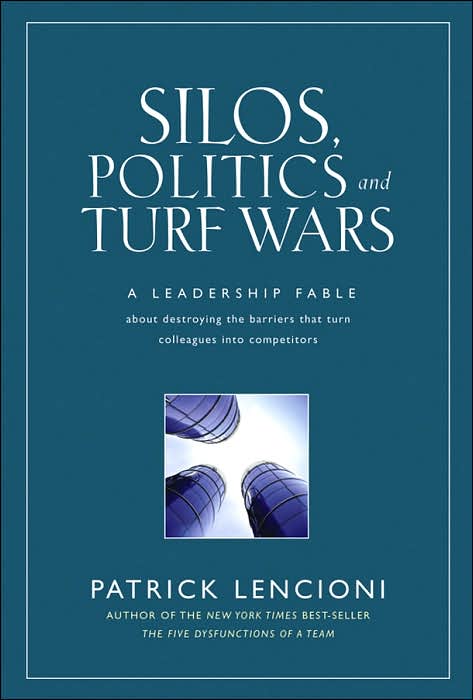Today Mrs. Tatiana Sergeevna from the Sanitary Department came to inspect the Seminary. As we wrote last week, she previously has spoken very antagonistically with Provost Ilya Okhotnikov. “I remember you (from the last time). I don’t like you…. Why are you ruining our young people? You’re not Russian Orthodox!” Nonetheless, Ilya was able to convince her to come and inspect our building. We need a certificate from her department in order to continue operations at the school in Moscow. A note for clarification: Many Russians claim to be “Orthodox” in faith, but have tremendous ignorance about the essentials of the faith. For them being “Russian Orthodox” is purely a matter of cultural identity, not of an active faith system in Jesus Christ. Subsequently, many Russians simply view Evangelicals and Pentecostals as an American phenomenon that is corrupting Russian culture. This is sometimes grouped with some not-so-positive influences from the West (e.g., Hollywood, MTV and the pop music culture, etc.).
As Tatiana came to the school, Ilya welcomed her with at the door and noticed a change in her demeanor. Today she was friendly and very accommodating. Obviously, she had a change of attitude about the seminary and approached today’s business with an open mind.
She toured various sections of the seminary, pointed out only one minor issue that needed to be corrected (too many computers in the lab). The classrooms, offices, and the library were all approved without a problem – thus all of the rooms used for “educational purposes” are now certified.
We are now breathing a big sigh of relief. Thank you for your prayers on our behalf!
However, we still need your prayers for the following issues…
- We still do not have the certificate in our hands. Ilya was told that we will receive the certificate, which is needed for the licensing process with the Department of Education, by September 11.
- Tatiana Sergeevna did not certify the dormitory and cafeteria – but these rooms may need certification in the future. She indicated that these certifications are a totally different ballgame. But these rooms are not necessary for “educational” activities.
And perhaps the biggest answer to prayer? Get this….
Because Tatiana Sergeevna was late for her next appointment, she asked Ilya to drive back to her office. (She had taken the subway to the school.). Ilya gladly complied and an interesting and engaging conversation took place in the car that eventually focused on the faith. A friend of hers had converted to the Adventist movement and Tatiana had several questions. Ilya took advantage of the moment and shared with her about his faith. As Ilya told me,
We talked about Christ Jesus, about the way of salvation, about his death and resurrection, and about common things Russian Orthodoxy and Evangelicals underline: i.e. His Resurrected life and 2nd coming. Wonderful, just wonderful! Glory to God! Hallelujah! Praise Him!
Last week, she was antagonistic against evangelicals. Today she was openly engaged in a conversation about the faith. Such a change in her disposition can only come through the Holy Spirit!
Thank you for your prayers. And please keep ETSM in your prayers in the next couple of weeks. We must continue to deal with various government agencies as part of the licensing process.







